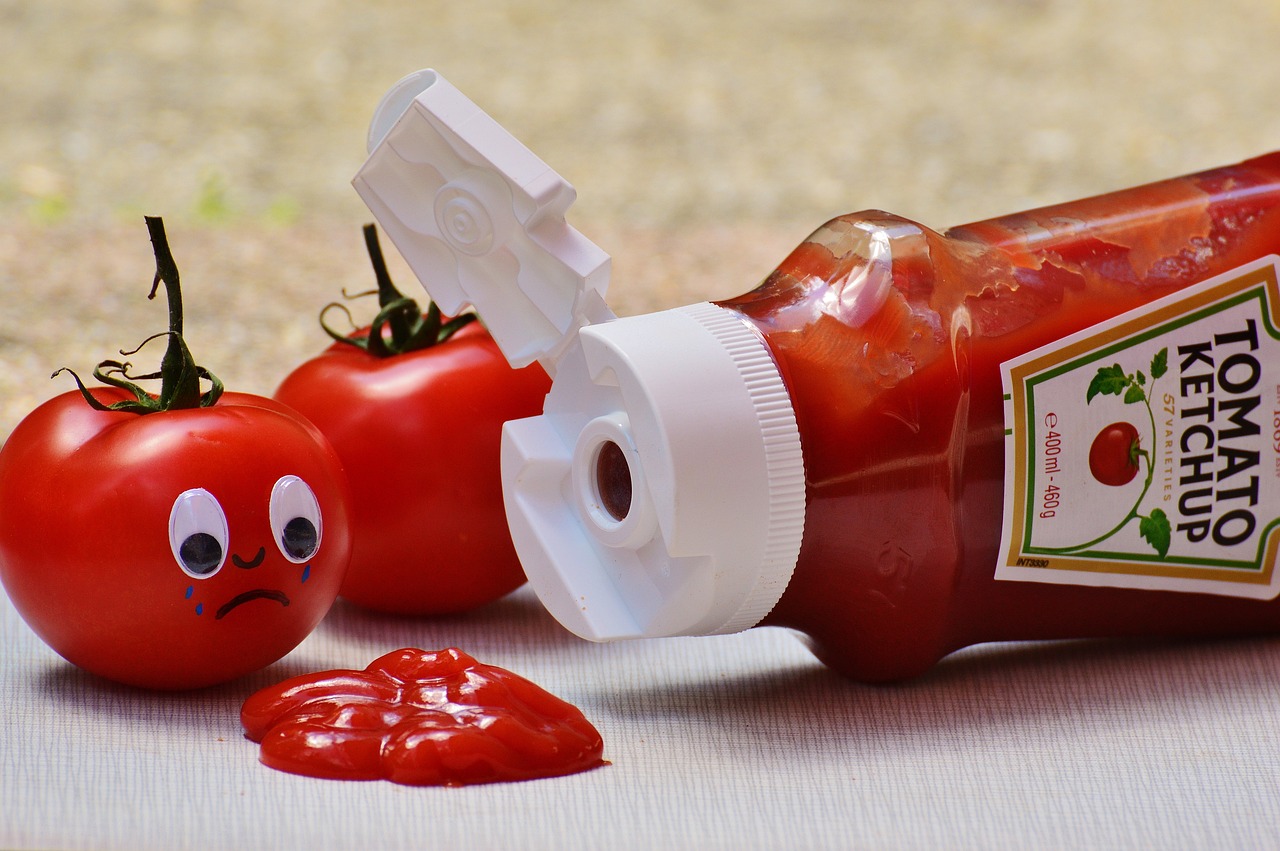Back in the 1830s, ketchup had a surprising job—it was actually sold as medicine! Yep, believe it or not. Dr. John Cook Bennett, an American physician, touted tomato ketchup as a cure-all for common issues like diarrhea, indigestion, and jaundice. He even called his creation “tomato pills” and swore they could do wonders for your health.
But soon, doubts arose about Bennett’s bold claims, especially when other sellers jumped in with even wilder promises, like fixing broken bones. Despite the initial excitement, studies by other experts disproved these health claims, and folks gradually stopped believing in ketchup as a cure.
Interestingly, people thought ketchup was good for you because of its fermentation process and various ingredients. In traditional Chinese medicine, fermented foods were considered great for digestion and overall well-being. But alas, the era of ketchup as medicine faded away, leaving behind a quirky piece of history.

Despite the demise of ketchup’s medicinal reputation, its popularity endured. People continued to crave its tangy flavor, prompting Henry Heinz to revolutionize ketchup production in 1876. He refined the recipe, crafting a delicious blend of ripe tomatoes, vinegar, sugar, salt, and spices. This new and improved ketchup quickly gained favor as a beloved condiment, hitting store shelves under the name “catsup” in Pittsburgh, Pennsylvania.
Evolution of Ketcup
While its precise origins are shrouded in mystery, many food experts and scholars trace its roots back to ancient China. There, it was known as Ge-thcup or Koe-cheup, a fermented sauce made from fish innards and soybeans. This early version of ketchup was salty and boasted a pungent aroma, quite different from the sweet tomato-based condiment we know today. Over time, as trade routes expanded and cultural exchanges flourished, ketchup underwent numerous transformations on its journey to becoming a beloved staple in cuisines around the world.
Henry Heinz‘s innovation not only transformed ketchup into a household staple but also marked the end of its brief stint as a dubious cure-all. While ketchup may no longer be considered a remedy for ailments, its enduring appeal as a flavorful condiment ensures its place in culinary history.
Avid Writer with invaluable knowledge of Humanity!
Upcoming historian with over 30 million views online.
“You make your own life.”





